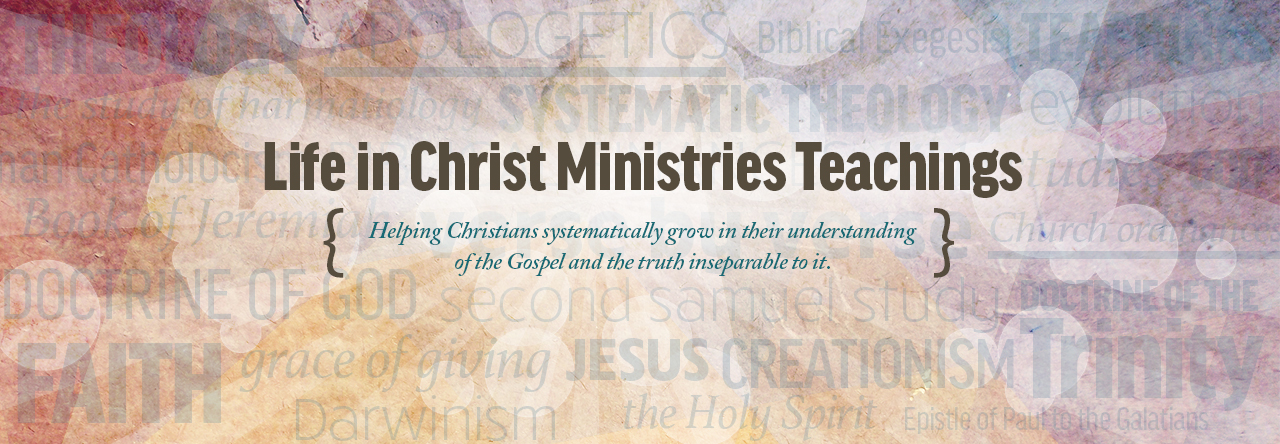10 Now I plead with you, brethren, by the name of our Lord Jesus Christ, that you all speak the same thing, and that there be no divisions among you, but that you be perfectly joined together in the same mind and in the same judgment. 11 For it has been declared to me concerning you, my brethren, by those of Chloe’s household, that there are contentions among you. 12 Now I say this, that each of you says, “I am of Paul,” or “I am of Apollos,” or “I am of Cephas,” or “I am of Christ.” 13 Is Christ divided? Was Paul crucified for you? Or were you baptized in the name of Paul? (1 Cor. 1:10-13)
Jesus said that a kingdom divided against itself cannot stand (Mk. 3:24); and likewise, we can infer that a local church divided against itself cannot stand either. Apparently this was one of the primary reasons for which Paul wrote to the church at Corinth – to exhort them that there be no divisions among them (1 Cor. 1:10b; 3:3-4; 11:18). Therefore, Paul’s first bit of gracious, Christ-centered pleading came in the tenth verse of the opening chapter. The address was serious – he exhorted them by the “name of our Lord Jesus Christ”; and yet, he was tender – he called them “brethren.” And he charged them to (a) have no divisions among them and (b) to be of the same mind (vs.10b). This didn’t mean that everyone’s opinions on every conceivable topic had to be unanimous; rather, their love for one another and Christ was to preserve unity even amidst differences and diversity. In fact, the word translated “perfectly joined together” in the NKJV is the Greek word katertismenoi and it is the same word used to speak of the disciples mending their nets (Mt. 4:21; Mk 1:19). In other words, Paul, under the inspiration of the Holy Spirit, wanted the rips in the fabric of the local church repaired.
Read More
















